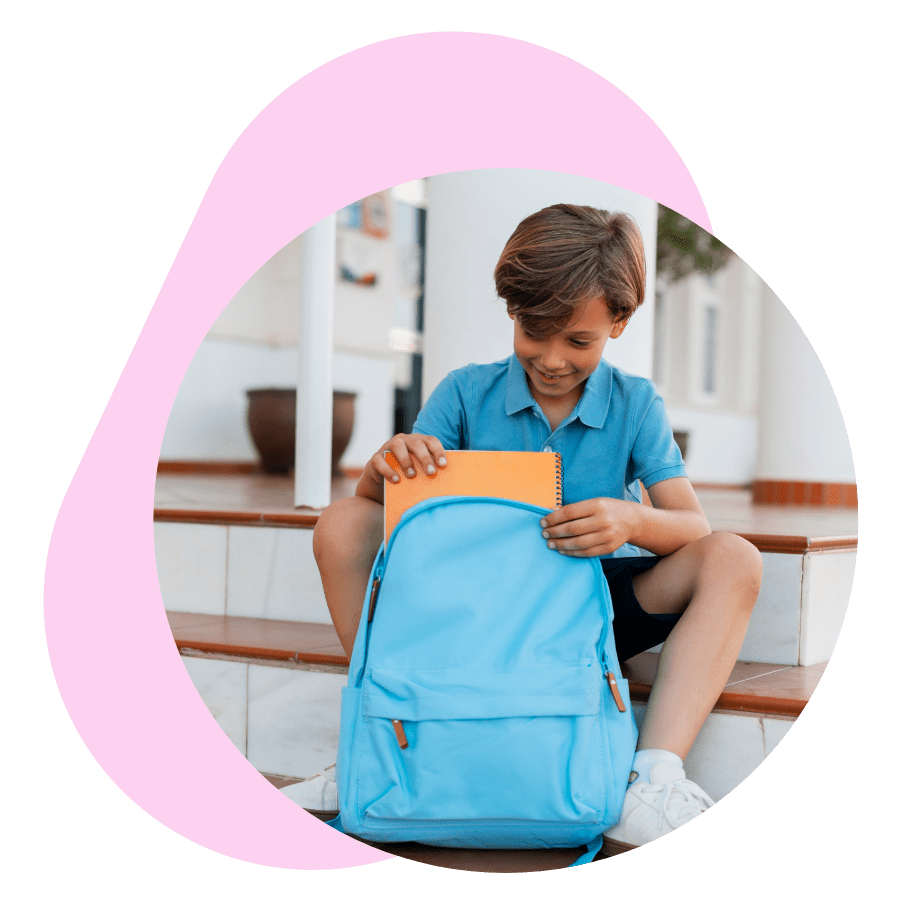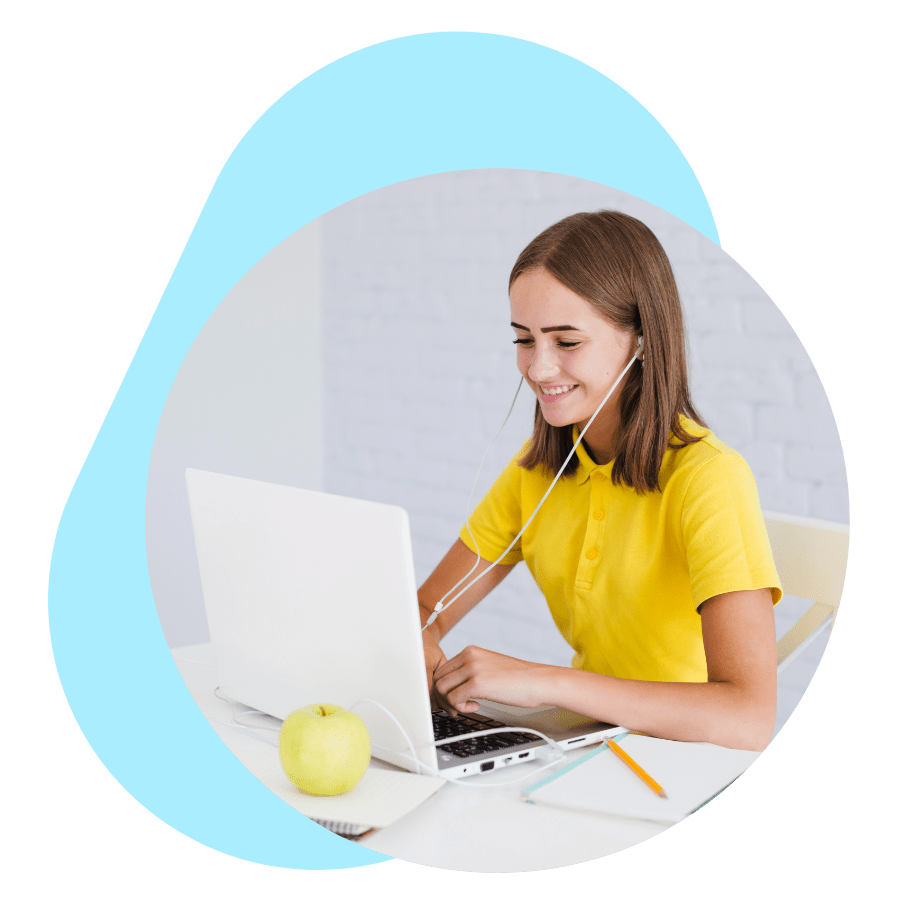1- Education and lifelong learning
Education can be defined as the process of receiving or giving systematic instruction, especially at schools or universities and lifelong learning is the process of gaining knowledge and skills throughout your life, often to help you to do your job properly.
1.1- Vocabulary
There are some words and phrases related to education. Let´s check their definitions.

Learning: the activity or process of gaining knowledge or skill by studying.
Examples:
These children experienced difficulties in learning.
Know more about the learning process and key lessons.

Scholarship: an amount of money that is given by a school, an organization, etc. to a student to help pay for the student’s education.
Example:
The money will be used to support scholarships and education grants through the Foundation.
Scholarship awards are based on financial need and strength of the application.

Lecture: A formal talk on a serious subject given to a group.
Examples:
Things like exams, homework, and boring lectures are frequently the cause of much student trepidation.
Such a lecture shall be organized during or in connection with the Prize ceremony.

Classmate: A member of the same class at school or college.
Examples:
As a college student, he was always willing to help fellow classmates get through their exams.
I had a classmate who was a good student and who wanted to be a chemist.

Intensive course: A course that offers lots of training in order to reach a goal in as short a time as is possible.
Examples:
The students first attended an intensive course in Italian in Florence.
Are you busy during the day? Don't you have time to take a German intensive course?

Science fair: An event at which science projects created by students are presented.
Examples:
Plan on showing this skit or video to others in your school during Earth Day or as part of a Science Fair.
Need help with your Science Fair Project?

Higher Education: Education beyond the secondary level, usually provided by a college or university.
Examples:
European higher education must be acknowledged to be of high quality and in line with the needs of the labor market.
The second half of this century has witnessed a global boom in higher education.

Kindergarten: Preschool education
Examples:
Kindergarten report cards are distributed twice during the year.
The younger daughter, Monica, goes to a kindergarten close to her house.

Primary school: From 1st grade to 8th grade (Chilean education)
Examples:
I learned at primary school that cows eat grass and are ruminants.
In Brazil, one out of four pupils drop out before the end of primary school.

Secondary school: From 9th to 12th grade.
Examples:
I studied in small schools all my life until I finished half of the secondary school.
Students that are in their second and third year of secondary school attend a local public school.

Subjects: Maths – language – literature – science: physics, biology, chemistry-Natural science- geography – religious studies – history –information technology – physical education-art – music.
Examples:
The scientific contents of this work are endorsed by prestigious professors with many years of experience on these subjects.
Fourth year: optional subjects that ensure specific complementary training, along with the final degree project.

